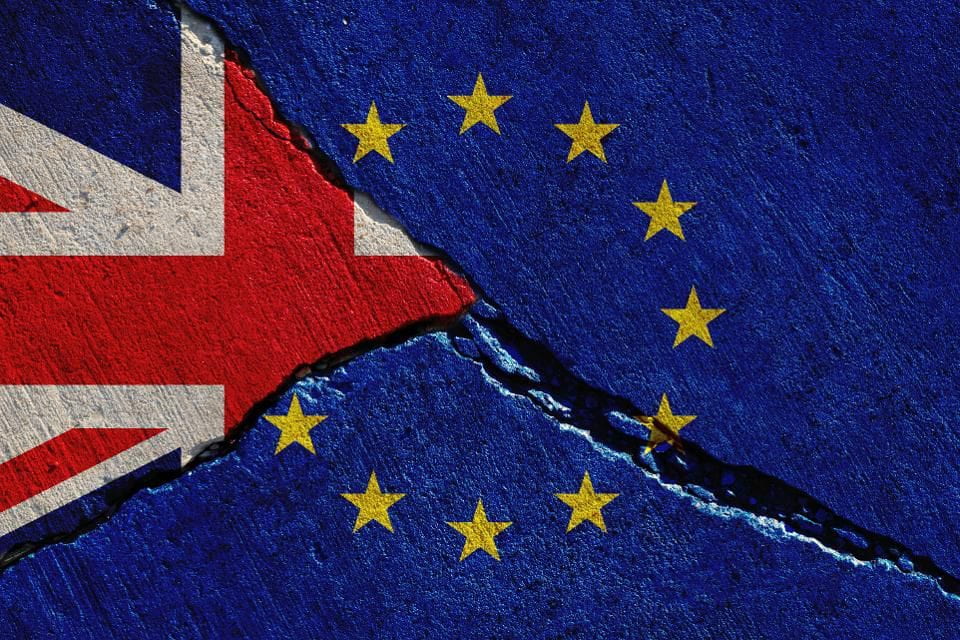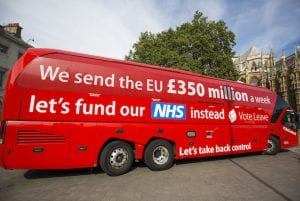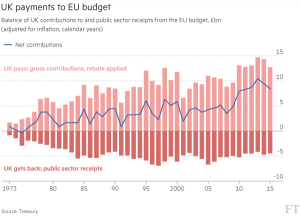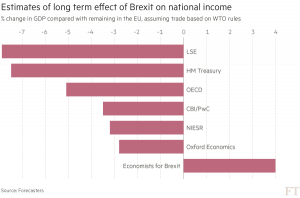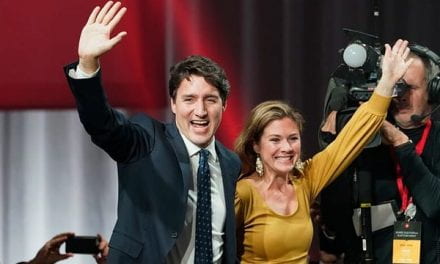There is a word currently being used by every person in the United Kingdom, and Europe. It is a word you cannot escape, and word that has taken over the news, pub chats, and almost every lecture hall across the western world. This word is Brexit.
With the word Brexit comes opinions, debates, arguments, but most of all, complete and utter confusion.
Who really knows what is going on with Brexit? Even politicians cannot answer questions surrounding it, as they themselves do not know what is going on.
The biggest reason no one knows what is happening, or what Brexit is, is simply due to all the lies which were surrounding it from its proposal. This has not gone unnoticed by the media, or the public.
GQ has an article of a list of Brexit lies A-Z. The Washington Post has an article outlining lies, Independent has an article discussing the false claims of Brexit. If you Google ‘Brexit lies’ the first result is a website entitled the same thing. That is the first of over 30 million results on Google.
So many news organizations and privately-run blogs have written countless articles on Brexit lies, but what so far have been the biggest? And what does the general public really know about what is going on with Brexit?
There are a few key ‘Brexit lies’ which people may not know or may not have much information about. The major ones fall under the same category; the economic and financial state of the country.
Let’s begin with one lie that many people know; the claims which were written across a bus: “We send the EU £350 million a week, lets fund our NHS instead, vote leave, let’s take back control.”
This has been proven and been admitted being a lie from Boris Johnson himself. He did say in a public letter that with Brexit the UK would save that money, but not all of it would go to the NHS. To leave the EU, it would cost the UK money, which is where most of this ‘claim’ would go, if it had been real
Though, Nigel Farage, the Ukip leader did disown the pledge on ITV’s Good Morning Britain, and then did say where the actual money, or what he believed to be the actual number; “We have a £10 billion a year, a £34 million pound a day featherbed that is going to be free money we can spend on the NHS, on schools, on whatever it is.”
There have also been other numbers estimated of what the UK will actually save that does not fit Farage claims either, for example, The Financial Times reported that the real number the is closer to £163 million a week.
The Financial Times released an article, entitled ‘Brexit in seven charts – the economic impact’, that they broke down everything professionals had been saying about all the information into seven charts, for the public to understand the short- and long-term impact of the UK voting to leave.
The charts show different areas that will be impacted by the vote to leave; the first showing that before the UK had an EU membership their prosperity growth rate was one of the slowest, whereas now, with the membership, they have had the fastest growth.
Another chart showing who the UK would have to make trade deals with to replicate their current deal with the EU. Charts show the impact of the cuts to migrants, wages, the 350 million-pound issues, as discussed before, and it disproves the claim that the EU were hindering the creativity, innovation and growth.
Lastly, this article looks at the numbers for the long term. What will the long-term effects of Brexit be on national income.
In an article paper released by CentrePiece in 2016, right before the election, CEP director John Van Reenen released an assessment of the impact of Brexit, economically. Among global trade issues, what he found that will affect people directly was that there would be an eight per cent pay cut, and eight per cent cut to the value of pensions and public services.
To sum it up; Brexit will hurt the economy, simple as that. Yet, during the campaign, all that was heard was how good leaving would be.
Other lies which have been spread involve immigrants, students who use student visas to get into the country and never leave, jobs, and how immigrants and non-UK students are taking said jobs.
There are lies upon lies surrounding Brexit. There is no honesty, and no transparency. The day after the referendum, voting to leave or stay in 2016, the top Google search in the UK was ‘What is the EU’.
UK people went into the vote uninformed. UK people have remained uninformed on what the future of their country is. With all of the misinformation surrounding Brexit, and an uninformed public, how are the citizens expected to make an informed decision and opinion.

